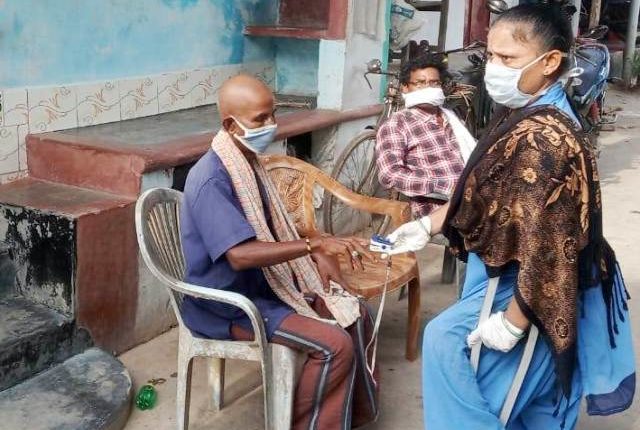ASHA Workers lead the Covid Battle in Rural India
Amidst the COVID-19 Pandemic, Women government health workers risk their lives everyday for just 30 rupees a day to save the rural population in UP.
WHO ARE ASHA WORKERS?
Accredited Social Health activists or better known as ASHA workers have been an incredible help during these tough times when the entire world is fighting against a pandemic. It can be very tedious to contain the continuous surge in the number of cases in a populous country like India. Especially in the remote parts of the country which lack proper healthcare facilities, ASHA workers have done a tremendous job by working day and night as frontline workers.
ASHA workers are usually rural women belonging to rural and local communities. They spread awareness and inform people about important health concerns like family planning, maternal and child health, sanitation as well as enrolling them in health programs.
THEIR DAY-TO-DAY STRUGGLE
Support Independent Journalism? Keep us live.
Now they go door-to-door and explain to people about COVID-19 related isolation, usage of masks, social distancing and look out for symptoms of the virus in people. Rural people are very stubborn at times. Many people just straight away refuse to get tested. So ASHA workers have to invest a lot of effort to convince and motivate them to cooperate.
But unfortunately, this has not been easy for them at all. They do not have access to proper safety gear such as PPR suits or enough masks. Despite this, they have to risk their lives every day in an attempt to defeat the deadly virus only to earn Rs 1000-2500 per month at the most, meaning just Rs 30-40 per day. Many ASHA workers use washable cotton masks so that they can be reused again and again and a bottle of spirit is their substitute for hand sanitizers.
LOW WAGES DESPITE EXTRA WORK
In fact, they face pay cuts if they take leave for more than 10 days forcing them to work and risk their lives for such a meager amount. Adding to their woes, even the people whom they want to help, often unfairly treat them owing to stigma. They do not let ASHA workers enter their homes and instead let them stand outside fearing the infection.
Just like other frontline workers such as doctors, ASHA workers risk themselves and their families and work for long hours to help and serve other people. They were also scared at first but then they have to work mandatorily by following all protocols. But as sad as it may sound, these ASHA workers are not even properly appreciated for their immense hard work nor are they recognized.


Comments are closed.